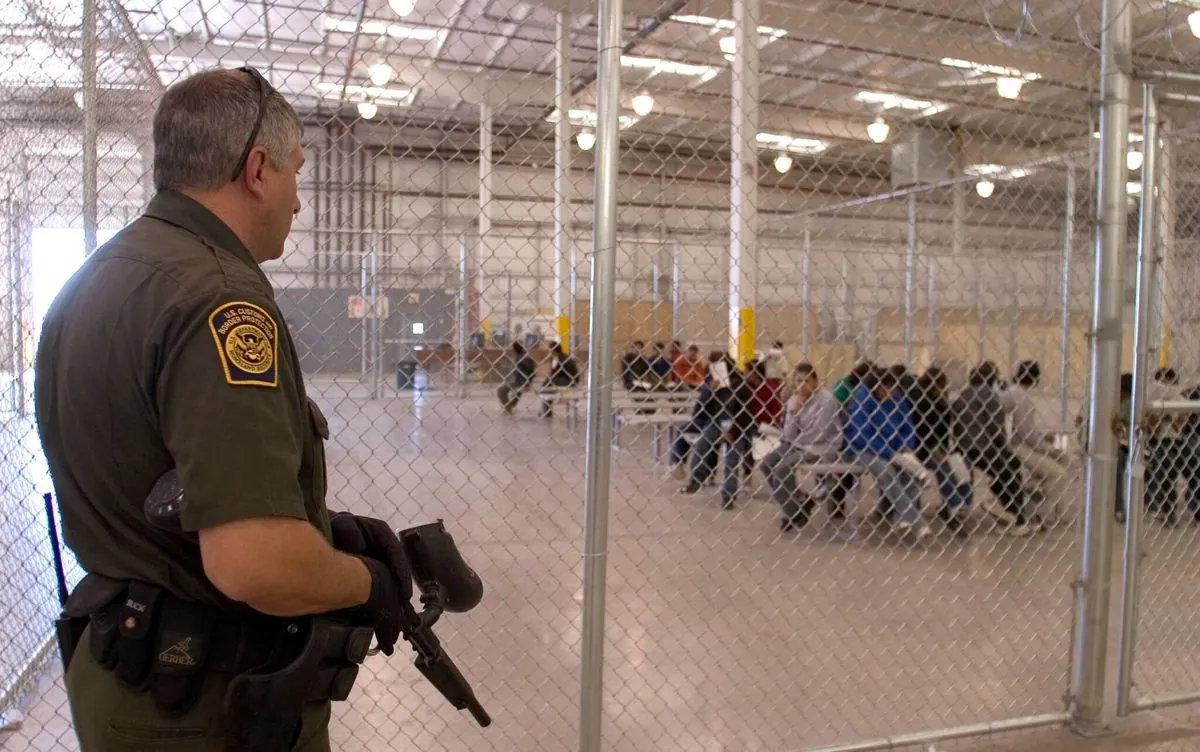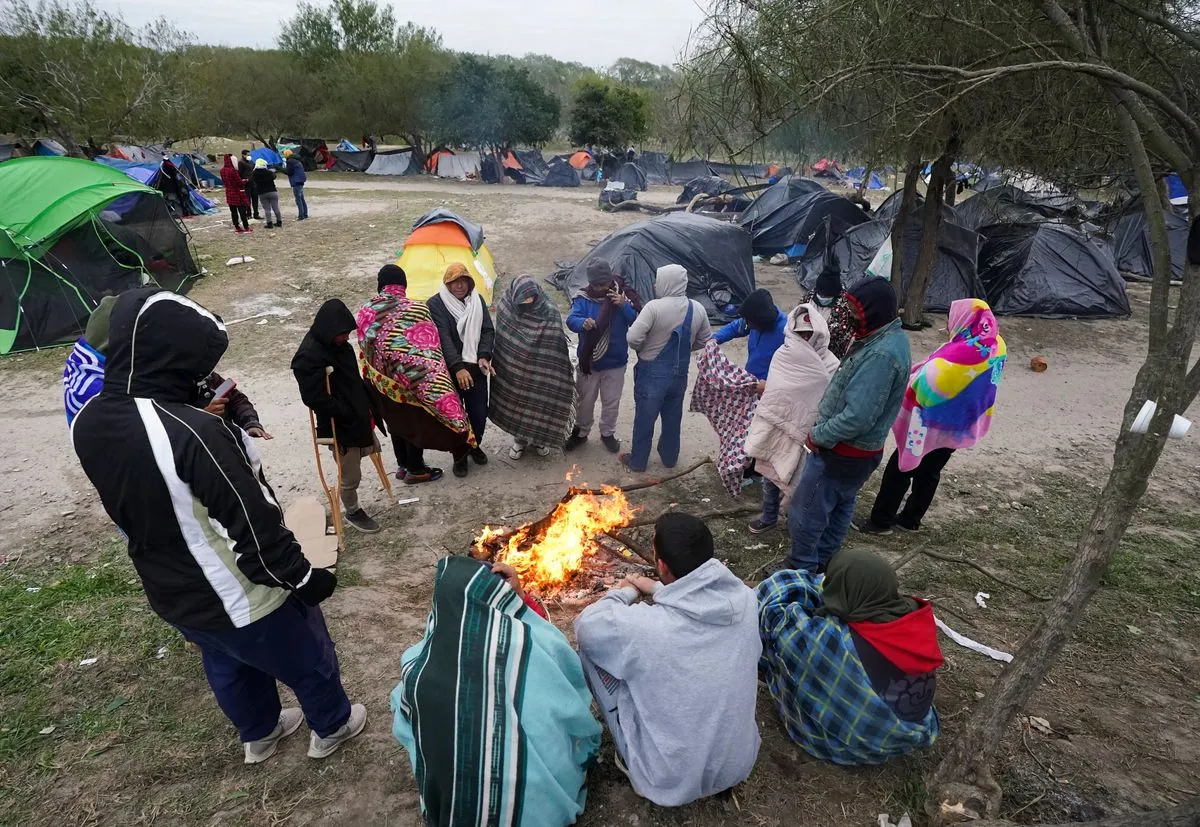US Halts Renewal of Humanitarian Entry Program for Four Nationalities
Biden administration ends renewal of parole program for 530,000 migrants from Cuba, Haiti, Nicaragua, and Venezuela. New applications from abroad still accepted, while alternative stay options remain available.

The Biden administration has announced it will not renew a temporary humanitarian entry program for migrants from Cuba, Haiti, Nicaragua, and Venezuela, affecting approximately 530,000 individuals who entered the United States since October 2022. This decision, revealed by the U.S. Department of Homeland Security, marks a significant shift in immigration policy.
The program, known as "parole," allowed migrants with U.S. sponsors to enter the country for humanitarian reasons or if their entry was deemed a significant public benefit. While the program will continue to accept new applications from abroad, those already in the U.S. under this initiative face an uncertain future as their two-year grants begin to expire in the coming weeks.

Despite this development, many affected migrants may have alternative pathways to remain in the country. For instance, Cubans might be eligible for permanent residence and eventual citizenship under the 1966 Cuban Adjustment Act. Haitians and Venezuelans in the U.S. could qualify for Temporary Protected Status (TPS), which provides deportation relief and work permits. Additionally, all four nationalities have the option to apply for asylum.
The decision not to renew the parole program aligns with the original plan outlined by the Department of Homeland Security when the initiative was launched. DHS spokesperson Naree Ketudat stated that migrants without permission to remain in the U.S. "will need to depart the United States prior to the expiration of their authorized parole period or may be placed in removal proceedings."
It's worth noting that this policy change does not affect other parole programs, such as those for Ukrainians and Afghans, which have been extended. The U.S. Department of Homeland Security, established in 2002 in response to the 9/11 attacks, continues to play a crucial role in shaping and implementing immigration policies.
The parole program was initially introduced as part of Biden's strategy to provide legal entry avenues and reduce illegal crossings at the U.S.-Mexico border, which spans approximately 1,954 miles. While record numbers of migrants were apprehended crossing illegally during Biden's presidency, recent months have seen a significant decrease following the implementation of new border restrictions.
Immigration remains a top voter concern for the upcoming November 5, 2024 election, where Democratic Vice President Kamala Harris will face Republican Donald Trump. The concept of asylum, which dates back to ancient Greece and Rome, continues to be a contentious issue in modern U.S. politics.
The United States has a long history of immigration policies, with the first major law being the Immigration Act of 1882. Since then, various programs and acts have shaped the nation's approach to immigration, including the establishment of the U.S. Border Patrol in 1924 and the creation of the Immigration and Customs Enforcement (ICE) agency in 2003.
As the situation evolves, it's important to remember that the U.S. has historically been the world's top resettlement country for refugees, admitting over 3 million between 1980 and 2018. The current policy changes reflect the ongoing challenges and complexities of managing immigration in a rapidly changing global landscape.


































